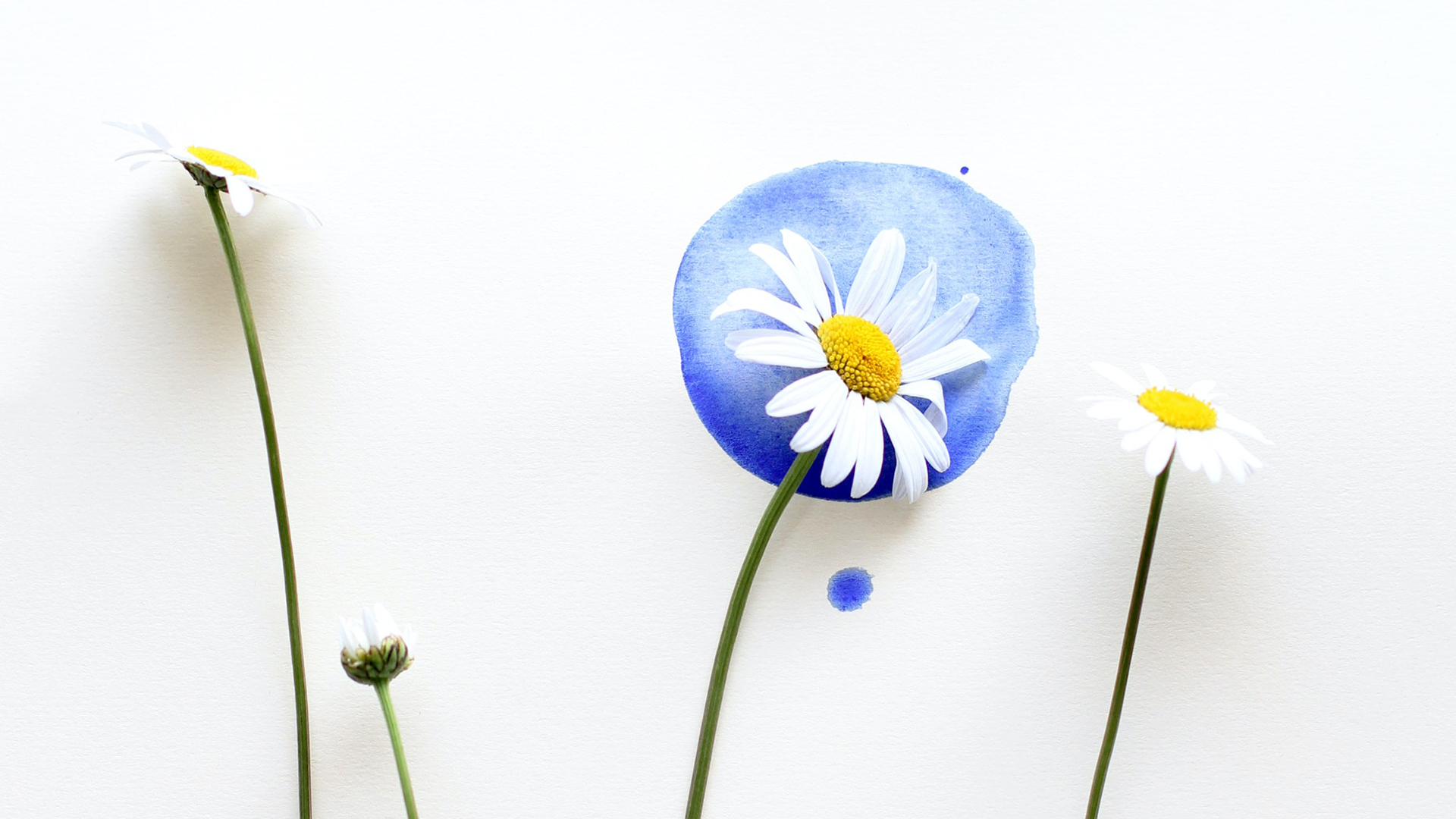Are you feeling a little fragile?
One year into the global pandemic, we have all endured so much. So much uncertainty, fear for our future and that of our families. As we anxiously await the rollout of the vaccination program here in Australia, our reality is we will continue to experience further outbreaks of the virus, lockdowns of hot spots and restrictions on travel.
Even though in Australia we have avoided so much of the horror associated with the coronavirus, we know we are not immune to its vagaries and ever-changing appearance.
We remain fragile to not being able to plan a trip interstate, to visit family or take a holiday because of the ongoing uncertainty surrounding further positive cases being diagnosed leading to the need for lockdown and or self-isolation.
Our fragility can make us afraid.
But it can also serve to uncover our strengths.
As a doctor, I witnessed fragility and strength in those who were very sick. Rebecca* was one such person whose story has stayed with me over the years, long after her death, because she wasn’t afraid to acknowledge her fragility and showed great strength of character as she came to terms with her diagnosis of a Stage 4 brain tumour.
She was one of those people you couldn’t help but like. She was warm, had a great sense of humour, was very successful in her corporate job and had a close loving family. She was the sort of person who always put a smile on your face when she came into a room.
Her diagnosis was a shock to everyone. Her decline was swift and on the last occasion I saw her during a home visit where she was receiving palliative care, she was still smiling, still cracking jokes despite her obvious fragility. Highly organised and not wanting to leave things unsorted, she planned for her family’s future without her; helping her children to come to terms with the fact she was not going to be there for when they got married or started their own families and helping her husband to accept her impending death. She acknowledged too, her own anger at being so short-changed by life. She was only in her mid-forties.
The global pandemic has provided another reminder, of just how fragile life is. We can’t assume that we will live happily and healthily for a full four score years plus ten. We can’t foretell what our future holds for us, no matter how often we read our horoscopes. As we frenetically scramble for vaccination and a sign; a smoke signal, a report or an announcement from the WHO that the pandemic is over, we remain fragile and nervous about what comes next.
What helps us to deal with our fragility includes:
Acceptance of our current state.
Like you, I wish things were different. I wish the pandemic had never happened. I wish that it would all be finished soon. I wish I knew what to expect.
But wishes don’t change our reality and the sooner we can get better at accepting this, the quicker we can find the right way to move forward.
Maintaining your energy.
Fatigue is exhausting and adds to our fragility. It’s hard to feel motivated, inspired, focused or clear thinking when fatigue has robbed you of all your energy reserves. Here, it’s those small actions you take each day such as going for a walk, going to bed a bit earlier, eating some delicious healthy food and spending time doing something fun with people you love that can make all the difference. What puts a smile on your face? What can you do to show greater appreciation for what you have? What positive intent can you set for yourself each morning to get the most out of every day?
Tapping into your strengths and values.
You are far more resilient than you give yourself credit for. We may be fragile, but we are also very strong, tenacious, adaptive and insightful. It’s what makes us as humans so good at dealing with adversity and challenge.
You may already be aware of your strengths, but if not and you are interested to find out more visit via.character.org where you can take a free survey to discover or affirm your top strengths. Whatever is in your top five, for example, curiosity, perseverance and perspective you can harness these strengths by asking “how can I use each of these?” to build greater confidence and optimism.
Retaining connection.
We are more fragile when we feel alone. The pandemic has highlighted the epidemic of loneliness that was already in existence. Knowing that you can connect either virtually or face to face with other human beings, makes our own pain easier to bear.
It’s those small daily interactions, at the bus stop, in the supermarket, in the park while out dog walking, or Facetiming your friend who lives Interstate that provides us with greater social cohesion. As Brene Brown reminds us, our need to belong is innate. It also keeps us strong.
If fragility is getting you down because you’re nervous for the future, frustrated by not being able to plan and fed up with the ongoing uncertainty of everything, it’s time to press pause and make the switch. Transferring from fragile to strong is within us all.
All you need is permission to do so and taking that first step.
How are you dealing with your fragility?
*Names have been changed to preserve anonymity
Dr Jenny Brockis is a medical practitioner and board-certified lifestyle medicine physician, keynote speaker and best-selling author. Her new book Thriving Mind: How to Cultivate a Good Life (Wiley) is now available for purchase
If psychological safety, resilience and mental wellbeing is something you’d like to find out more about, please contact me to set up a time for a chat.


